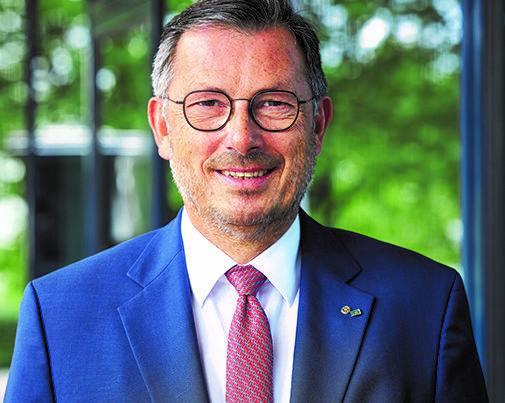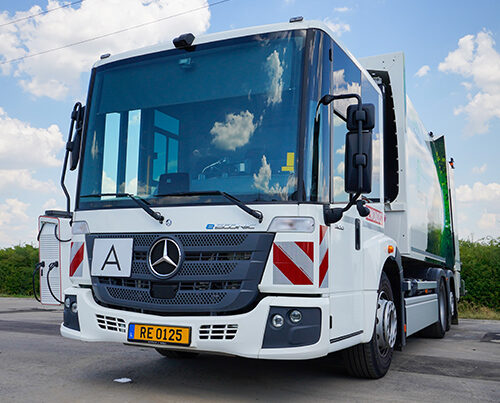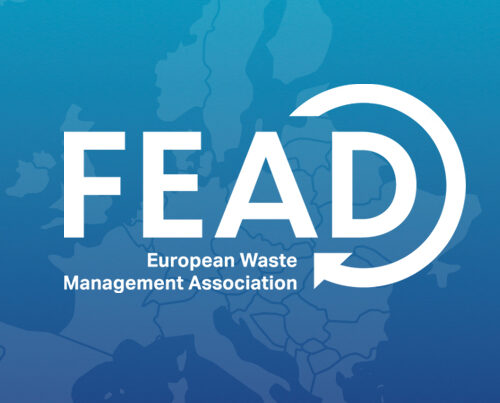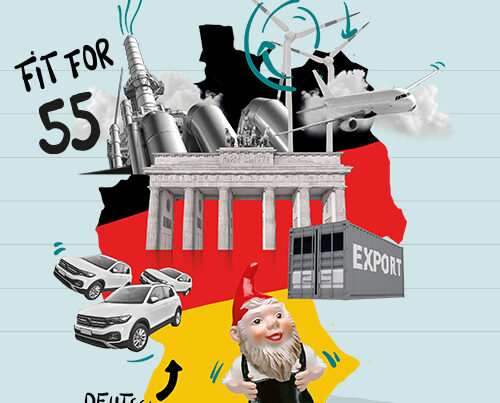For three decades now, the House of the Netherlands in Münster, Germany, has been a place dedicated to science and culture as well as to bringing people together. Researchers from a whole array of disciplines have spent time here over the years looking into a wide range of issues. Its main focus is on current and historical relations between Germany and the Netherlands as well as on European and international relationships.
The institution recently opened its doors to the public, putting on a three-day event to celebrate its 30-year anniversary. The highlight: the visit of the King of the Netherlands, King Willem-Alexander. During his time there, he met people from the worlds of science and business and had some interesting discussions with them about Dutch-German collaborative work. It was a great honour for Norbert Rethmann, Honorary Chair of the Supervisory Board of the RETHMANN Group, and Dr Andreas Krawczik, Managing Director of REMONDIS Nederland, to have been invited to take part in the event.
Following the welcome addresses held by Prof. Jacco Pekelder, Prof. Johannes Wessels, Rector of the University of Münster, and Minister President Hendrik Wüst, King Willem-Alexander walked around the ‘Netherlands in 3D’ exhibition. Specifically created for this jubilee, this exhibition took a closer look at the areas of work covered by the institution – from Europe and democracy, to economics, through to languages and literature.
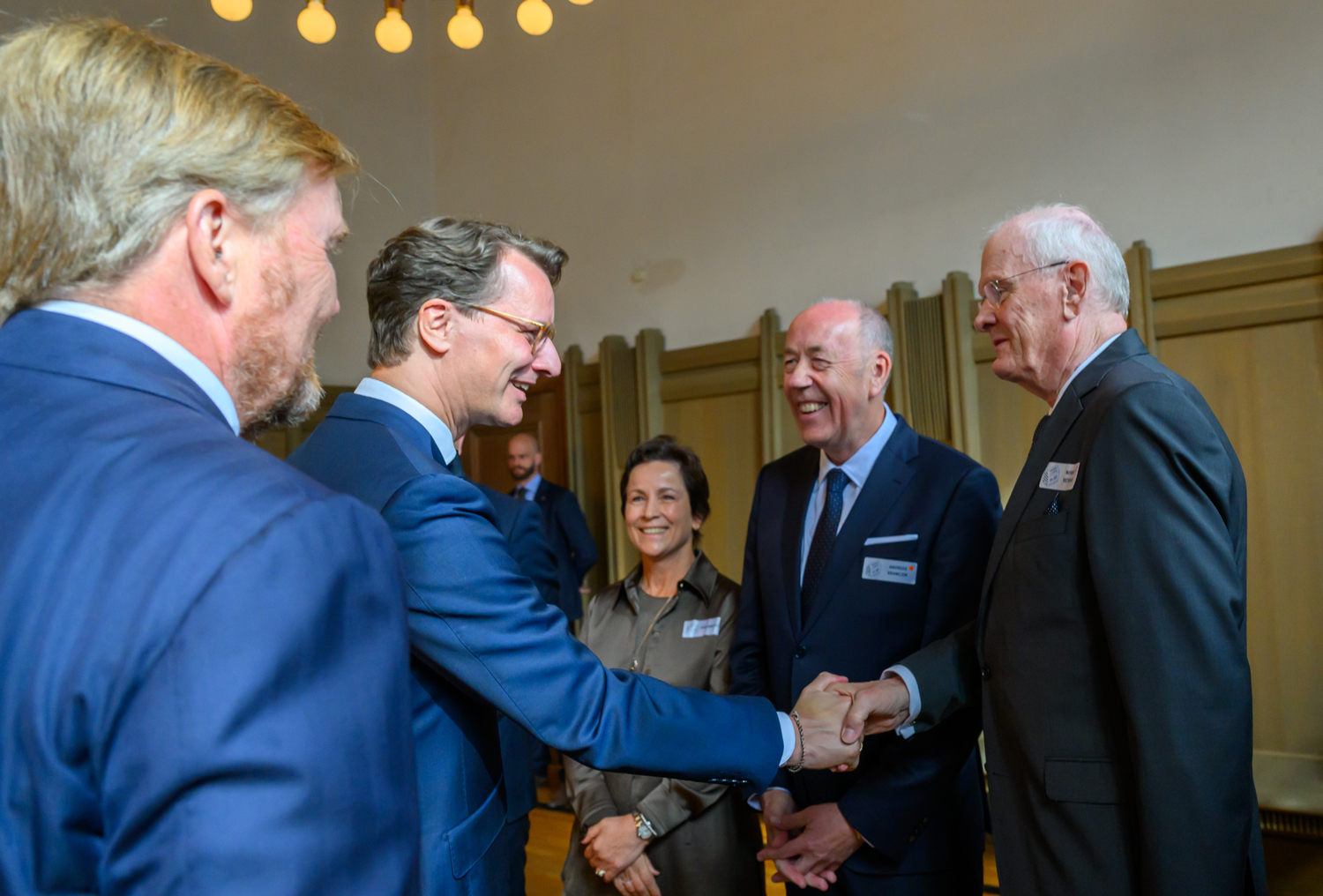
Norbert Rethmann (r.) and Dr Andreas Krawczik (2. f. r.) met King Willem-Alexander and the Minister President of the German state of North-Rhine Westphalia (NRW) Hendrik Wüst at the House of the Netherlands
Growing sustainability together: REMONDIS in the Netherlands
During each individual section of the exhibition, the King was also given the opportunity to meet both students and science and business leaders and discuss a whole range of topics with them. What was so special about these discussions was that they not only focused on the challenges of Dutch-German collaborative work. They were also candid and full of humour. The King was genuinely interested in the people he spoke to and in their personal stories.
And so one of the questions he asked Norbert Rethmann was to find out his reasons for setting up and expanding his company’s operations in the Netherlands. Mr Rethmann explained just how positive the development of the business had been and, at the same time, stressed the close ties that he and his family have to the Netherlands. Determined and full of ideas, the Dutch are leading the way in a whole host of different areas – as can be seen by their efforts to set up a
future-proof circular economy. As a result, the Dutch market has become a key part of the RETHMANN Group’s business strategy.
We have taken a close look at the circular economy in the Netherlands and the activities of REMONDIS and its sister companies Rhenus, SARIA and Transdev in the country in our latest brand story.
Inspiring young talent to live and work near the border
The House of the Netherlands in Münster has been home to three Münster University institutes since 1995: the Institute of Dutch Philology (INP), the Centre for Dutch Studies (ZNS) and the Library in the House of the Netherlands (BHN). Over the last 30 years, these three institutes have been able to establish themselves as a place dedicated to university teaching, research work and cross-border exchanges.
The number of students has been steadily decreasing over the last few years. Which is why Prof. Jacco Pekelder from the ZNS, Prof. Jan vom Brocke (Chair of Information Systems & Business Process Management at the University of Münster) and Dr Andreas Krawczik have been looking into what can be done to extend the academic profile of the ZNS. One of their conclusions has been that many companies are still clearly facing a skills shortage.
One of their joint goals now is, therefore, to develop a research programme in the area of artificial intelligence (AI) that will foster a close collaboration between the ZNS, Münster University and the Dutch universities of Nijmegen, Twente and Eindhoven. These efforts aim to attract young talented students and encourage them to live and work in the regions close to the Dutch-German border.
“There is one thing that we all agree on: now is the time to offer such a programme. Which is why we would like as many companies as possible to support us – both in Germany and the Netherlands,” explained Dr Andreas Krawczik. He also talked about the goals and content of such an educational programme during the anniversary event at the House of the Netherlands and found many people agreeing with him. The determined efforts being made to further develop the ZNS were greatly appreciated by both the King and the Minister President.
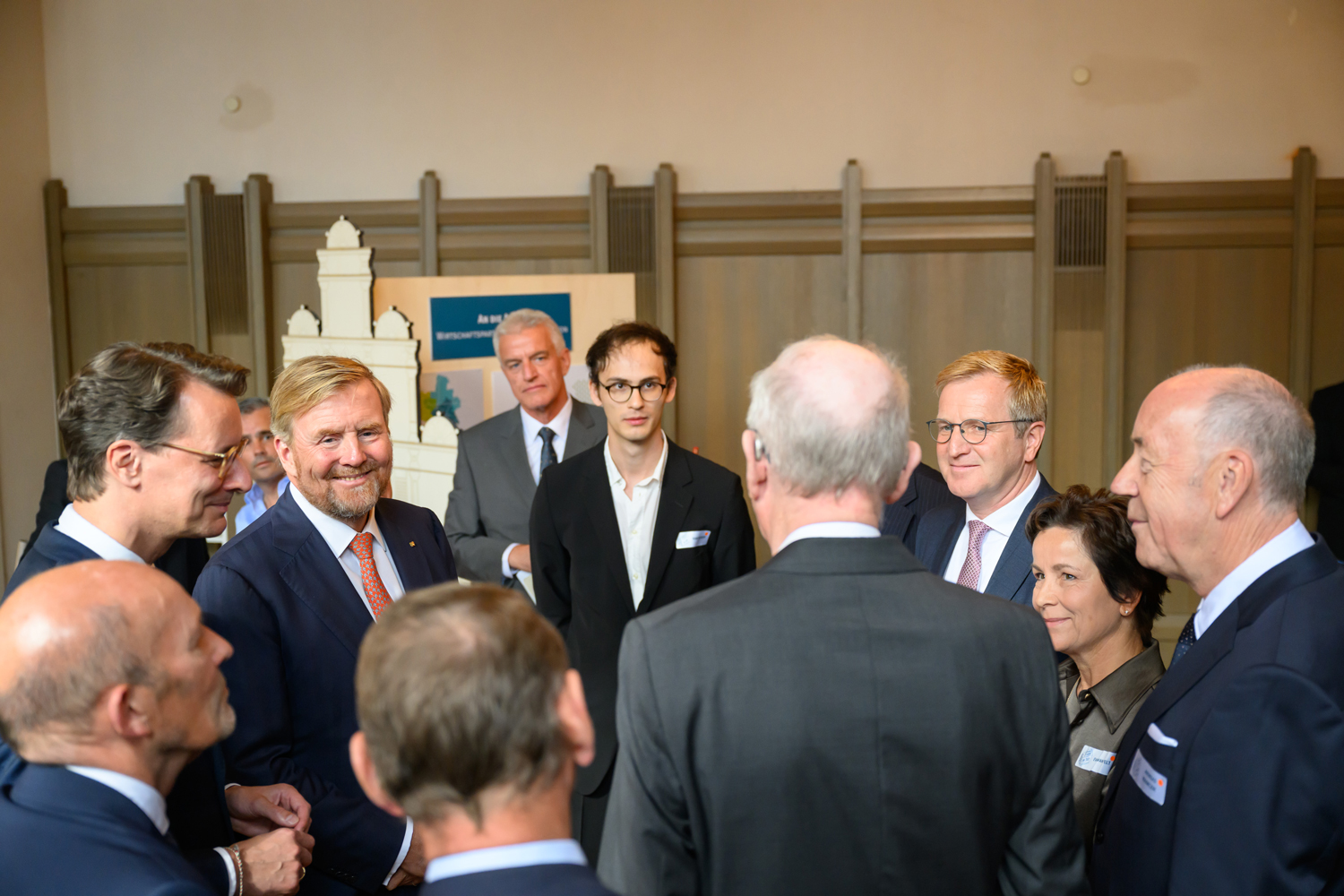
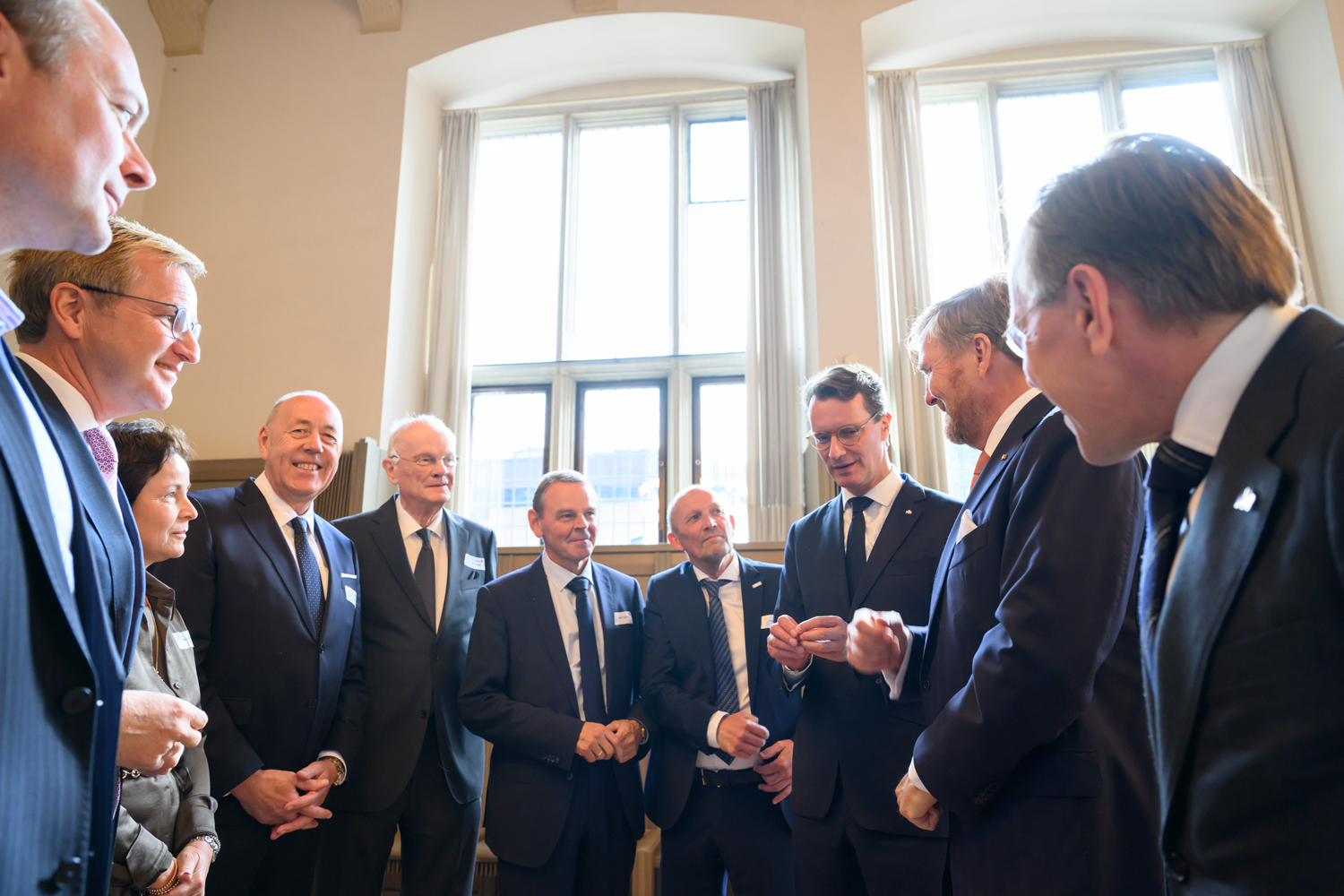
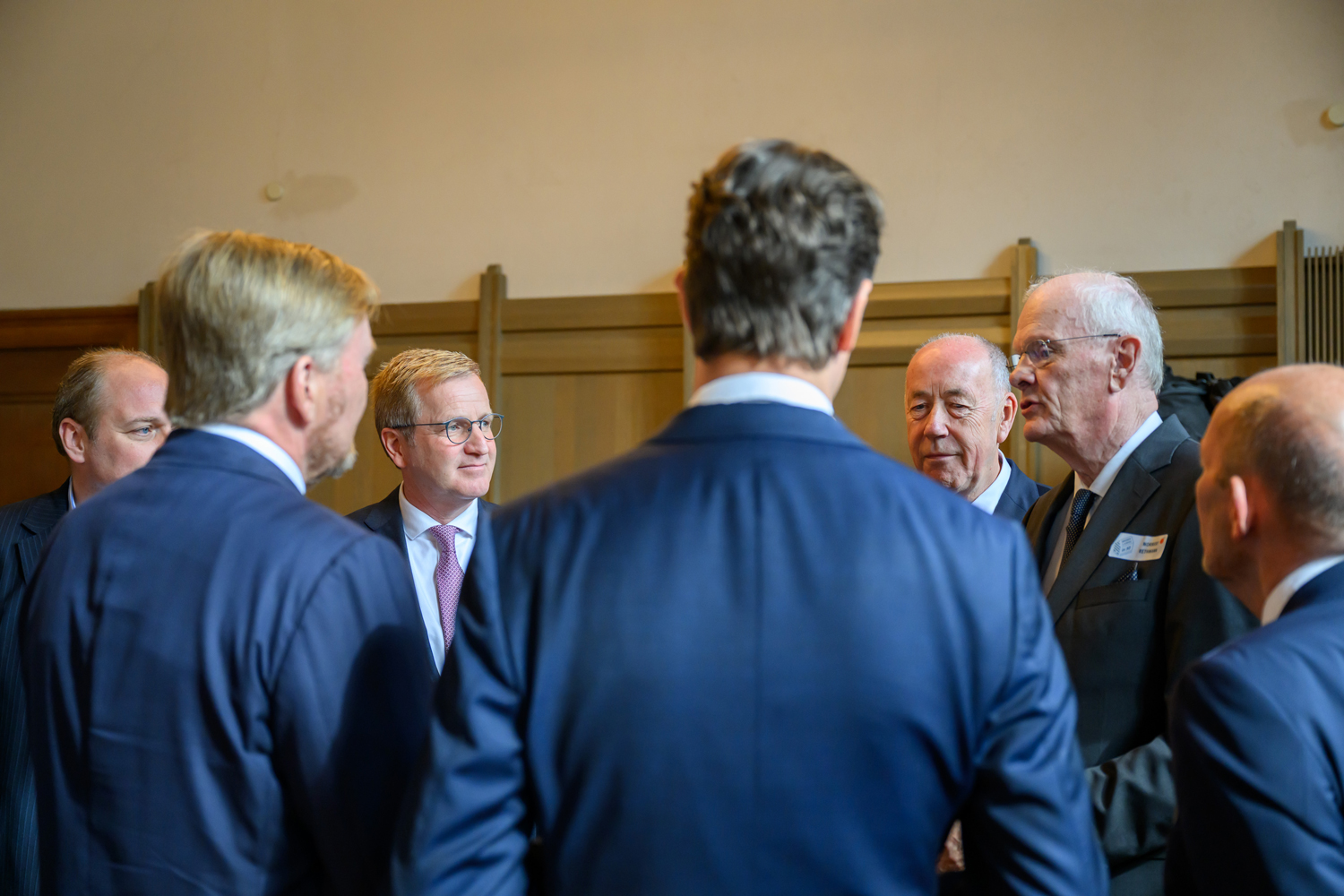
A great honour
The discussions held with King Willem-Alexander and Minister President Hendrik Wüst were a huge honour and will be remembered, in particular, for the open and relaxed atmosphere. We would like to thank the organisers for their invitation and look forward to continuing to do our part to promote collaborative work between Germany and the Netherlands in the future as well!
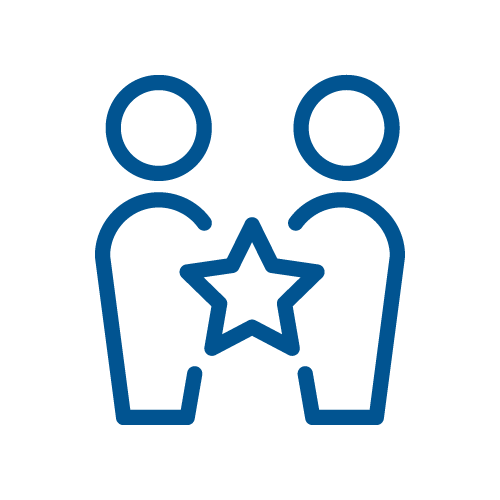
Image credits: image 1: Adobe Stock: prehistorik; image 2–5: © Michael C. Möller







